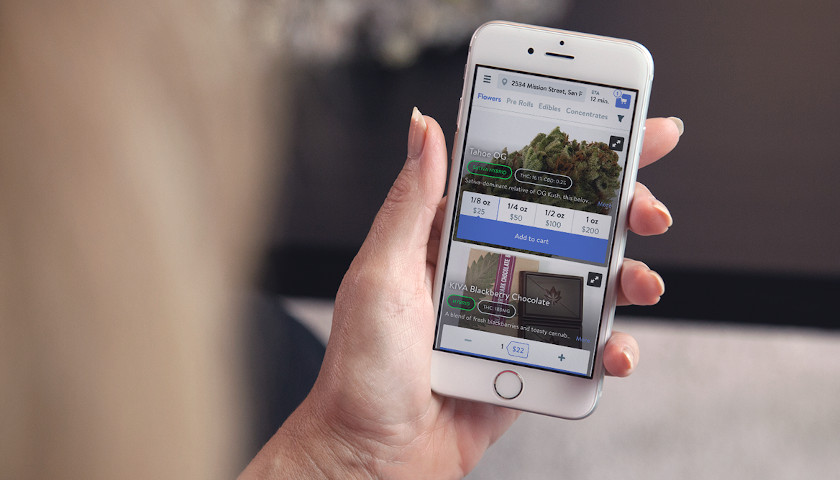by Kimberly James
Home delivery to Connecticut cannabis consumers is one step closer to reality as the lottery for delivery licenses closed last week.
“Delivery service is one of the license types now available in Connecticut as part of the new adult-use program,” Kaitlyn Krasselt, communications director at the Connecticut Department of Consumer Protection, told The Center Square. “Home delivery will also be available to patients in the medical marijuana program.”
Medical dispensary facilities are allowed to deliver if the entity submits an application to the department and satisfies an inspection.
A bill passed last year allows those who receive these licenses to deliver their product to homes on the first day that the Department of Consumer Protection allows recreational sales.
The infrastructure for home delivery is already in place.
“Connecticut already has 22 medical cannabis dispensaries, all of which will likely convert to adult use and start delivery operations when the adult-use market opens,” DeVaughn Ward, senior legislative council at Marijuana Policy Project, told The Center Square. “Additionally, consumers already receive controlled products like alcohol and pharmaceuticals through delivery in Connecticut.”
The law addresses social equity in a number of manners, including reserving half of all cannabis business licenses for social equity applicants, Krasselt said.
“Four of the eight delivery licenses available in the lottery licensing round are designated for social equity applicants,” Ward said. “Cannabis delivery operations typically have lower start-up costs as compared to other cannabis business types such as dispensaries and cultivation facilities. This makes them ideal businesses for entrepreneurs who may not have large amounts of capital to invest in the initial stages of their business.”
Krasselt said delivery of cannabis products will also make these products more accessible to patients in the medical program, as well as individuals with other circumstances that may prevent them from visiting a retail store in person, or where in person retail experiences may not be available.
There are some concerns regarding home delivery, particularly when it comes to the potential for increased youth access.
“At this point, it is unclear what regulations and structures are being put into place to ensure that enforcement agencies are clearly identified, trained and adequately compensated and staffed to ensure delivery transactions do not involve minors,” read a statement provided to The Center Square by the Connecticut Association of Prevention Professionals. “One such enforcement mechanism is regular age compliance checks at point of sale. Unfortunately, historically in Connecticut, enforcement has been severely under-resourced when it comes to age compliance checks for tobacco and alcohol. This highlights the need for adequate licensing of retailers, delivery vendors and drivers, as well as training on carding practices for drivers.”
– – –
Kimberly James is a contributor to The Center Square.








